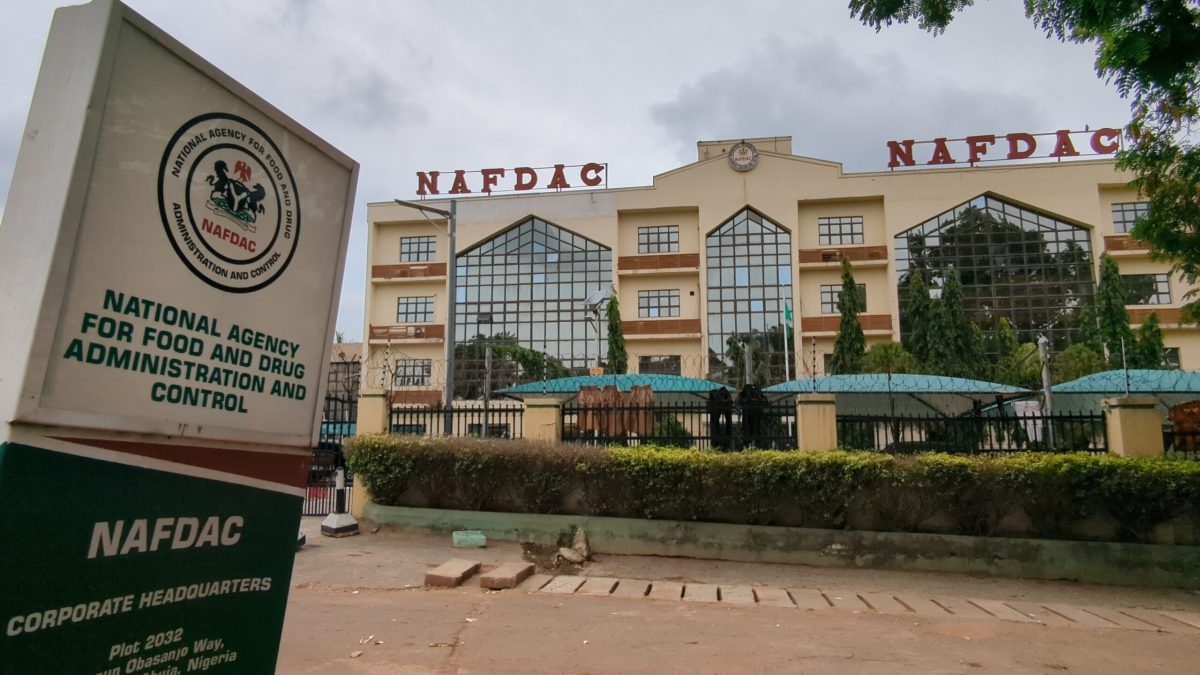The Director-General of the National Agency for Food and Drug Administration and Control (NAFDAC), Professor Mojisola Adeyeye, has revealed that the agency generated approximately ₦2.5 billion through enforcement actions targeting markets in Lagos, Onitsha, and Aba.
Appearing before a House of Representatives committee in Abuja on Wednesday, Adeyeye stated that the money—about ₦2.537 billion—was collected as charges during recent clampdowns on the sale of counterfeit medicines in the three commercial hubs.
She emphasised that the charges were not punitive but were in line with regulatory enforcement under Good Distribution and Storage Practices (GDSP). While the standard fine is ₦2 million, she noted that many cases were settled at ₦500,000.
According to her, ₦996 million was spent on operational costs, while an additional ₦1.175 billion went towards other regulatory expenses. The agency was left with just ₦207 million in its account. “We even had to borrow ₦159 million from an existing grant to carry out the operations,” she added.

Addressing concerns over regional disparities in enforcement, particularly regarding the earlier relocation of open drug market traders in Kano, the NAFDAC boss explained that the agency had acted strictly in line with a court order and took into account the volatile security situation in the state. “We had no funds; our account was at zero balance as of January 2024, yet we had to implement a federal court judgement,” she explained.
She added that unlike in the South, Kano had already established a Coordinated Wholesale Centre (CWC) under a presidential directive, making relocation easier, albeit tense. “In Lagos, Onitsha, and Aba, we had time to prepare, conduct inspections, and impose fines,” she noted.
The committee, chaired by Hon. Regina Akume, requested a detailed breakdown of revenue collected per market and sought clarification on any deductions made by the Accountant-General’s office.


 Trending
Trending 